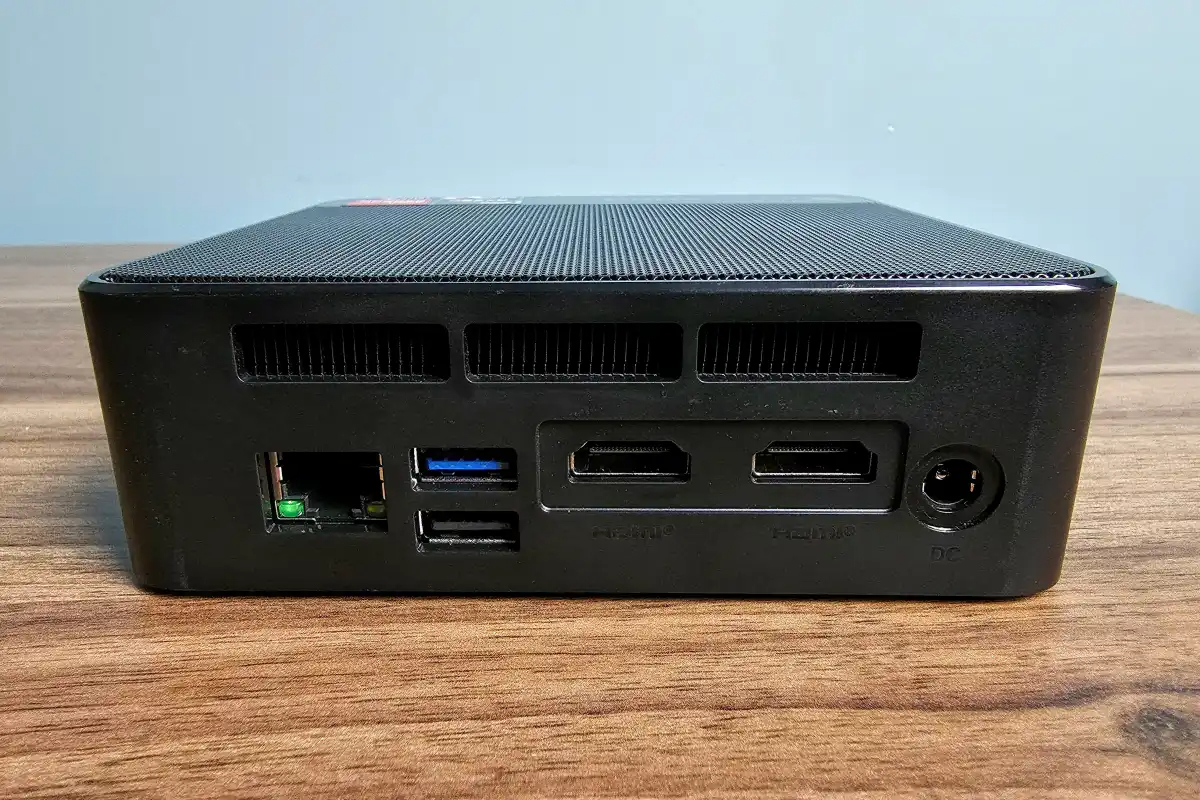Mini PCs have emerged as a popular computing solution, offering a compact form factor without compromising on performance. In this article, we explore the world of mini PCs, examining their advantages, drawbacks, and whether they are worth the investment. From their space-saving design to their versatility, this comprehensive guide aims to shed light on the potential of mini PCs and help users make an informed decision.
The Advantages of Mini PCs
Space-Saving Design
One of the primary advantages of mini PCs is their small form factor, which allows for space-saving solutions. These devices are significantly smaller than traditional desktop computers, making them ideal for individuals with limited desk space or those who prefer a clutter-free environment. With their compact size, mini PCs can be easily placed in various locations, including living rooms, bedrooms, or even mounted behind monitors, saving valuable space without compromising functionality.
Portability and Mobility
Mini PCs are designed with portability and mobility in mind. Their compact size and lightweight construction make them easily transportable, allowing users to work or enjoy entertainment on the go. Whether you need to take your work to different locations or simply want to have a portable media center, mini PCs offer convenience and flexibility that traditional desktops cannot match.
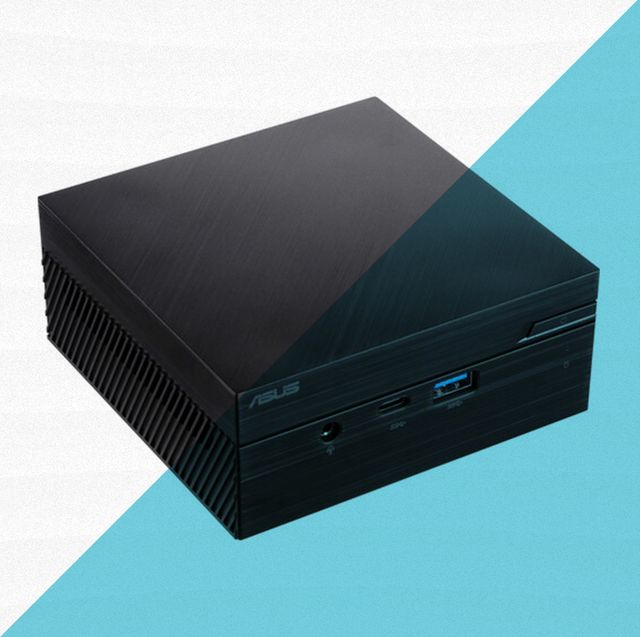
Performance and Versatility
Powerful Performance
Despite their small size, mini PCs are equipped with powerful hardware that can handle a wide range of tasks. They feature high-performance processors, ample memory, and fast storage options, providing smooth multitasking and efficient performance. Mini PCs can handle demanding applications, including content creation, gaming, and multimedia tasks, making them suitable for both work and entertainment purposes.
Versatile Connectivity
Mini PCs offer a range of connectivity options, ensuring seamless integration with various devices and peripherals. They typically include USB ports, HDMI ports for connecting external displays or televisions, audio jacks, and networking capabilities such as Wi-Fi and Bluetooth. This versatility allows users to connect external monitors, keyboards, mice, printers, and other peripherals, expanding the functionality and usability of the mini PCs.
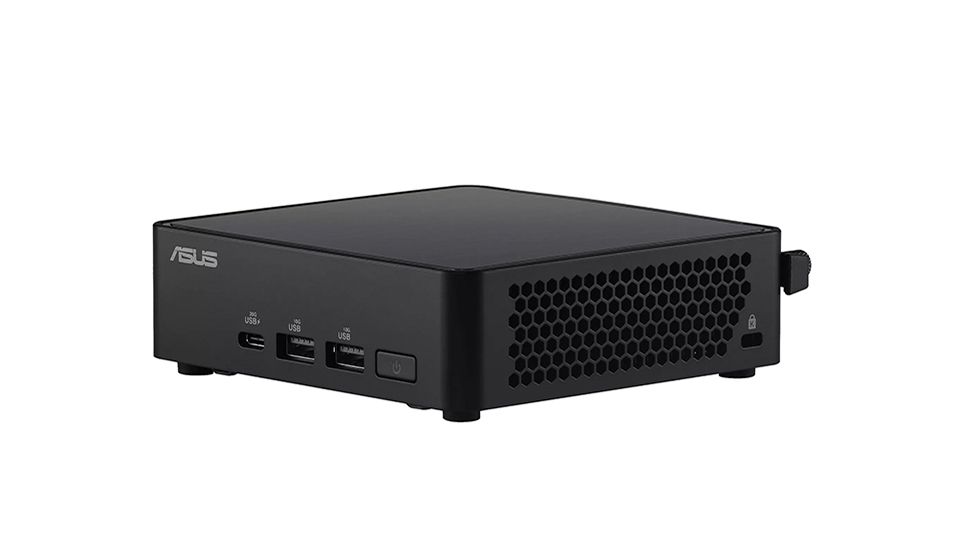
Drawbacks and Considerations
Limited Upgradeability
Due to their small form factor, mini PCs often have limited upgrade options compared to traditional desktops. Upgrading certain components, such as the processor or graphics card, may be challenging or even impossible in some cases. Therefore, users should carefully consider their long-term computing needs and choose a mini PC with the appropriate specifications to avoid potential limitations down the line.
Thermal Constraints
The compact design of mini PCs can pose thermal constraints, as the smaller form factor may restrict airflow and cooling capabilities. As a result, mini PCs may experience higher temperatures under heavy workloads, which can impact performance. It is essential to monitor temperatures and ensure proper ventilation to maintain optimal performance and prevent thermal throttling.
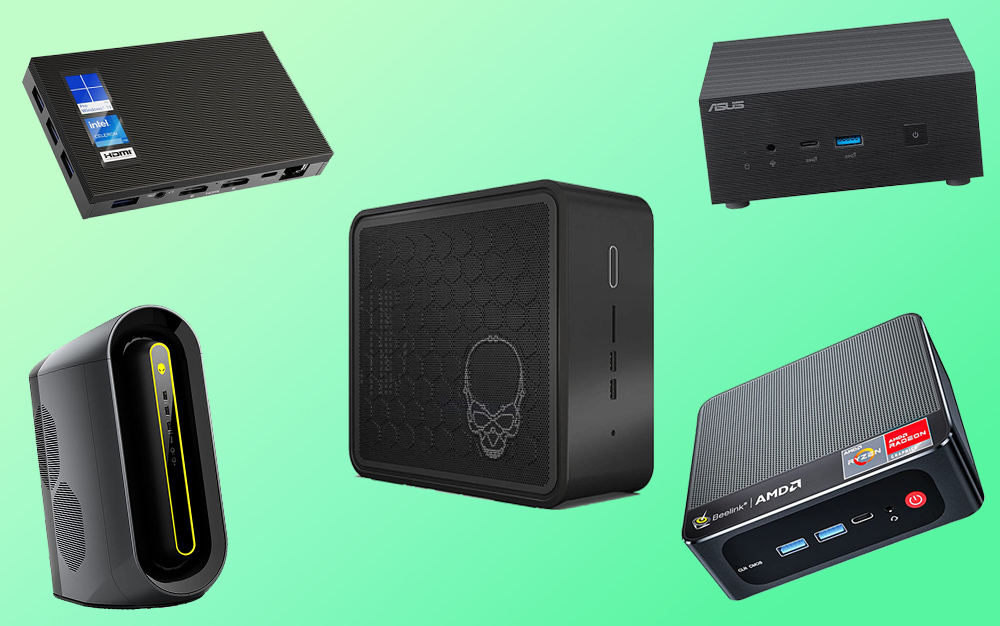
Ideal Use Cases for Mini PCs
Home Entertainment Systems
Mini PCs are an excellent choice for creating a dedicated home entertainment system. With their compact size and versatile connectivity options, users can connect their mini PCs to high-definition televisions or monitors, transforming them into media centers for streaming movies, playing games, or accessing online content. The small footprint of mini PCs minimizes clutter and seamlessly integrates into any living room or entertainment setup.
Digital Signage and Kiosks
The compact nature of mini PCs makes them ideal for digital signage and kiosk applications. Their small size allows for easy installation and integration into various environments, such as retail stores, museums, or information booths. Mini PCs can power interactive displays, provide real-time information, and deliver engaging content to customers or visitors, enhancing the overall experience and boosting engagement.
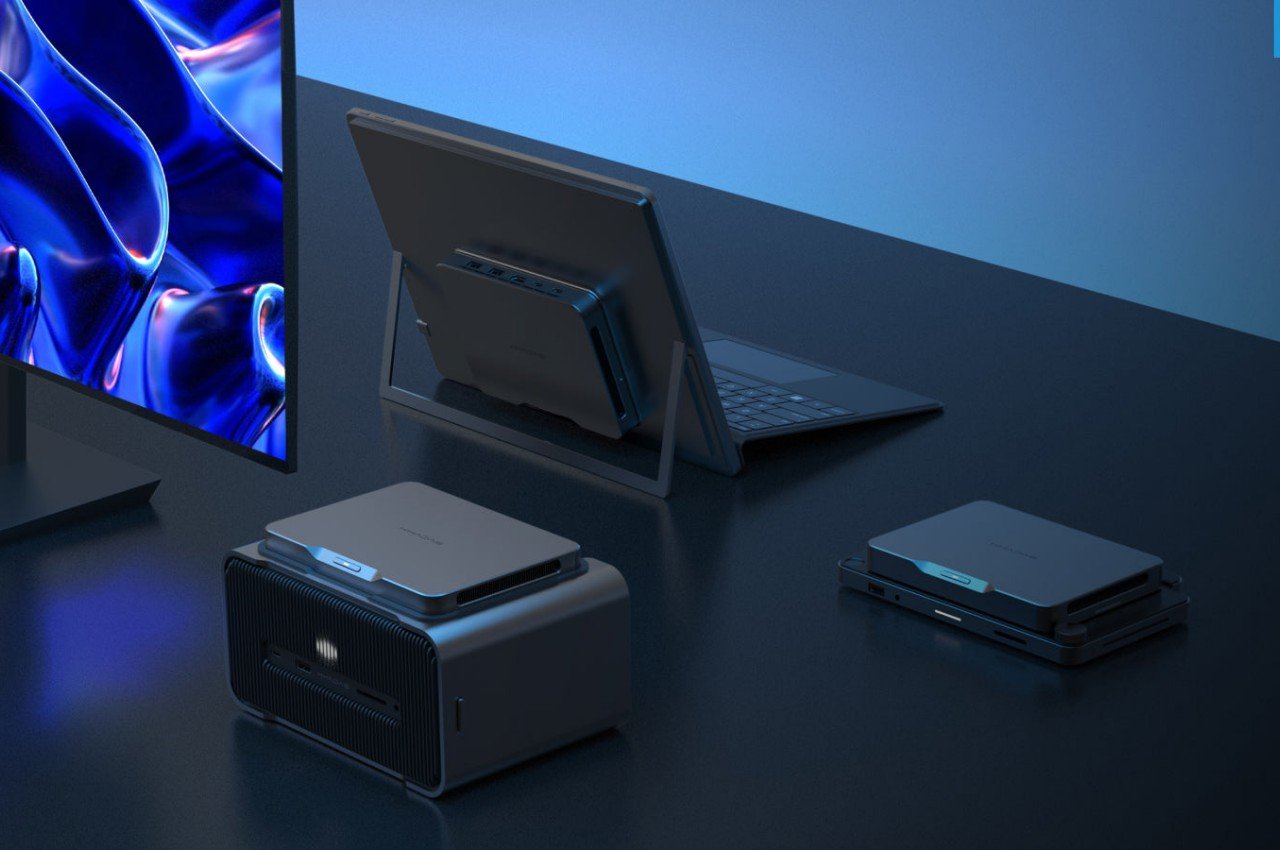
Cost Considerations
Competitive Pricing
One of the appealing aspects of mini PCs is their competitive pricing compared to traditional desktop computers. These compact devices often offer a more budget-friendly option for users seeking computing solutions without breaking the bank. Mini PCs can provide excellent value for money, delivering performance and features that meet the needs of most users at a fraction of the cost of larger desktop counterparts.
Power Efficiency and Cost Savings
Mini PCs are known for their power efficiency, consuming less energy compared to traditional desktop computers. This translates to lower electricity bills and reduced environmental impact. Over time, the energy savings can contribute to significant cost savings, making mini PCs a financially viable and sustainable computing solution.
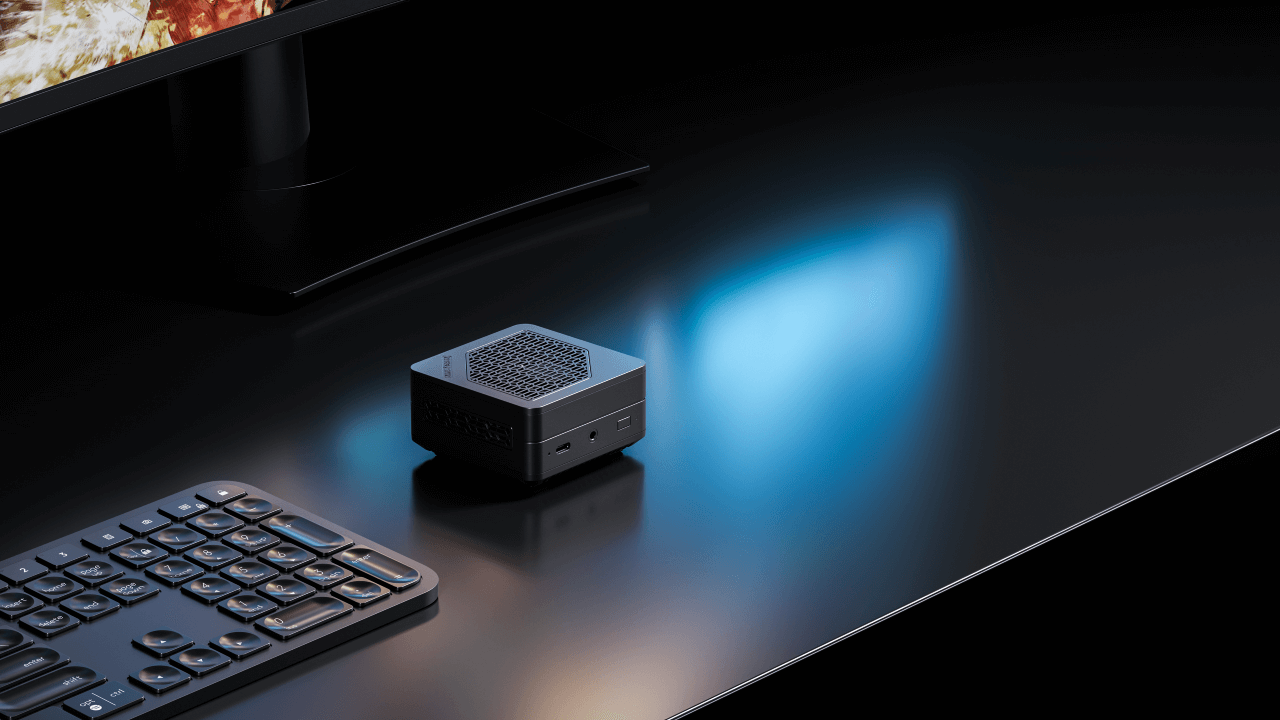
Mini PCs for Education and Classroom Settings
Enhanced Learning Experience
Mini PCs have gained popularity in educational settings due to their compact size, flexibility, and affordability. These devices can be easily integrated into classroom settings, allowing students to access educational resources, collaborate on projects, and engage in interactive learning experiences. With their portable nature, mini PCs enable students and teachers to move seamlessly between classrooms or educational environments, enhancing the learning experience.
Classroom Management and Security
Mini PCs offer unique advantages in terms of classroom management and security. Their small form factor allows for easy deployment and organization within the classroom, while centralized management tools enable IT administrators to control and monitor multiple devices efficiently. Additionally, mini PCs can be equipped with security features such as biometric authentication or robust encryption, ensuring data protection and preventing unauthorized access to sensitive information.
Mini PCs for IoT and Smart Home Applications
Integration into Smart Home Systems
Mini PCs are an excellent choice for powering smart home systems, offering the processing power and connectivity required to manage various devices and automation tasks. These devices can serve as a central hub, coordinating and controlling smart home devices such as lights, thermostats, security cameras, and more. With their compact size and low power consumption, mini PCs can easily fit into existing smart home setups while minimizing energy usage.
Home Theater and Media Server Solutions
Mini PCs can transform any living room into a home theater or media server hub. Their small footprint and powerful hardware make them ideal for streaming movies, TV shows, and music. With the appropriate software and connectivity options, mini PCs can serve as media servers, storing and organizing large media libraries for convenient access across multiple devices. Whether used for streaming content or storing personal media collections, mini PCs provide an all-in-one entertainment solution.
Unleashing the Potential of Mini PCs
In conclusion, mini PCs offer a compelling computing solution for individuals seeking a compact, powerful, and versatile device. With their space-saving design, portability, and competitive pricing, mini PCs provide an excellent balance between performance and convenience. While they may have limited upgrade options and thermal constraints, careful consideration of long-term computing needs can mitigate these drawbacks. Whether for home entertainment, digital signage, or cost-efficient computing, mini PCs have the potential to reshape the way we work, play, and connect. Embrace the benefits of mini PCs and unlock a world of possibilities in a small package.
